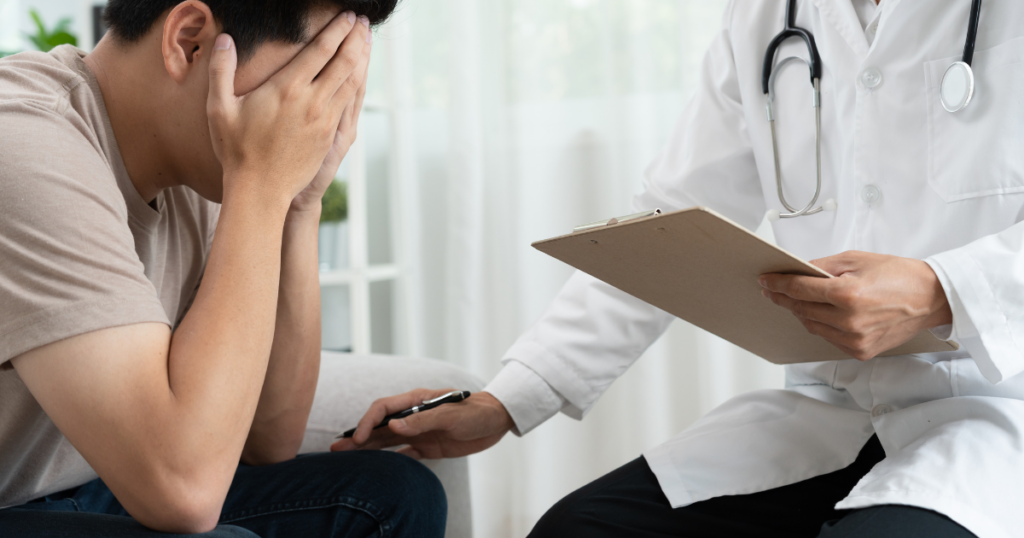Bipolar disorder is a serious mental illness with severe consequences if left untreated. Fortunately, various treatments for bipolar disorder are now available.
To make the best decision for your situation, it’s essential to understand all of the potential options to treat bipolar disorder and their benefits and risks.
Treating Bipolar Disorder: What are Your Options?
1. Medication Management to Treat Bipolar Disorder
The most common treatment for bipolar disorder is medication management.
Bipolar disorder medications such as mood stabilizers, antipsychotics, and antidepressants can help reduce symptoms, such as:
- Mood swings or extreme shifts in energy levels
- Racing thoughts
- Difficulty concentrating on tasks at hand
People with bipolar disorder need to work closely with a doctor when taking mood-stabilizing medication so they can adjust dosages as needed based on the body’s response over time.

2. Cognitive behavioral therapy (CBT)
Cognitive behavioral therapy (CBT) is also an effective form of treatment for bipolar disorder because it helps people learn new ways of thinking about themselves and their environment. These may lead to improved coping skills during times of distress or anxiety related to manic or depressive episodes associated with this mental health condition.
Additionally, CBT may help people with bipolar disorder to recognize patterns in behaviors that could potentially trigger mania, so they know what triggers should be avoided while managing their illness effectively over time.
3. Lifestyle Changes for Bipolar Disorder Treatment
Stress and anxiety can worsen mood symptoms. Lifestyle changes and self-management strategies are equally important components in any successful long-term plan for managing the symptoms of mood disorders. These include:
- Regular exercise
- Healthy eating habits
- Adequate sleep hygiene practices (e.g., going to bed at similar times each night)
- Stress reduction techniques like meditation/yoga/deep breathing exercises, etc.
- Social support networks

Adopting these strategies into daily life will not only improve overall well-being but also provide additional structure and stability necessary when dealing with ever-changing emotions and other challenges associated with living with bipolar disorders (including Bipolar I Disorder and Bipolar II Disorder).
Seek Help from mental health professionals
Ultimately, every person’s journey towards better mental health looks different depending on individual needs and preferences. By understanding all available bipolar disorder treatment options, patients will be able to equip themselves with the right tools needed to manage their often complex nature successfully!

If you or someone you know are suffering from bipolar symptoms and other related mental disorders (such as bipolar depression or major depression), don’t hesitate to get in touch with a mental health professional for proper diagnosis and treatment.
Remember, help is available. A better life is possible for people with bipolar disorder. Get in touch with our psychiatrist in Orange County CA at PNS for evaluation and consultation.

